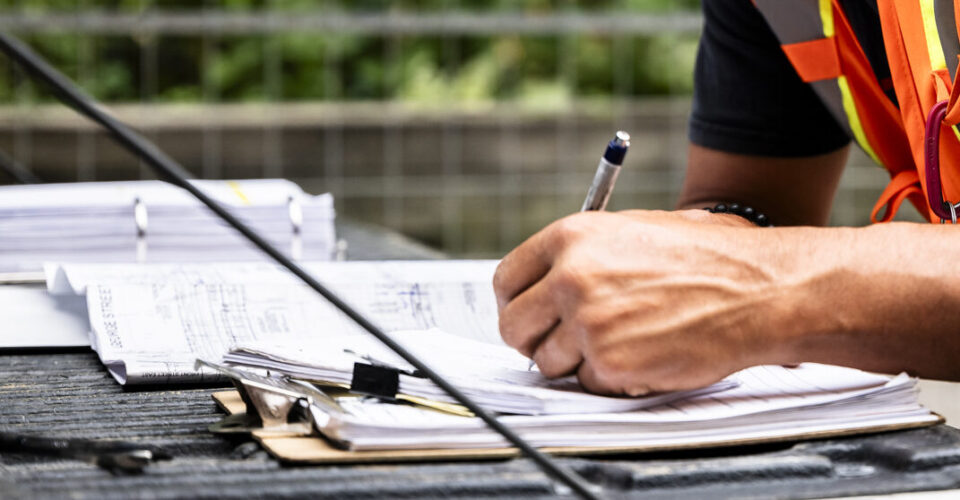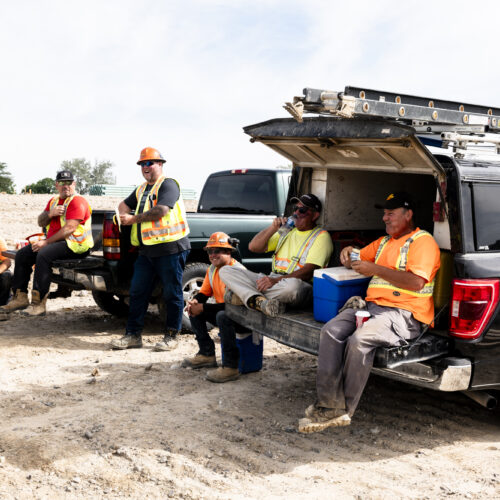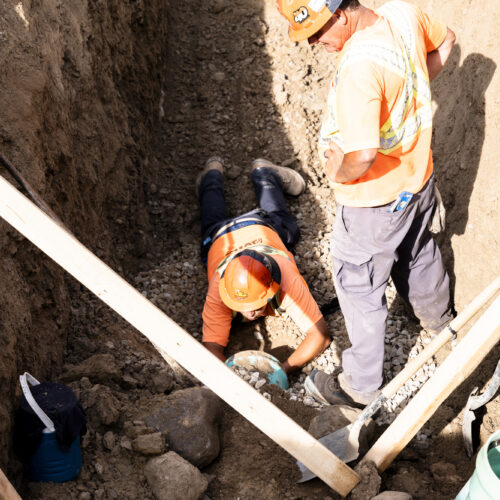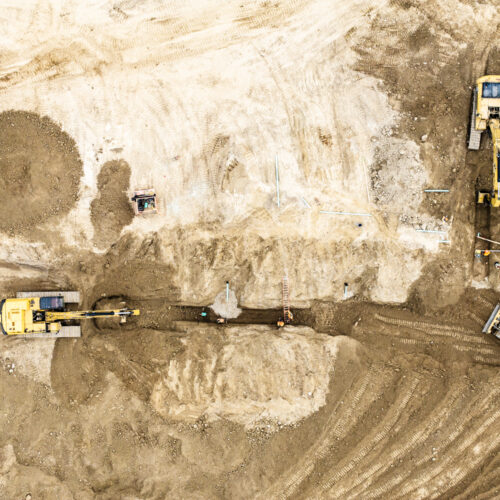


As an Estimator, you’ll help clients accurately price projects — whether they’re maintaining existing infrastructure or building multimillion-dollar bridges. This role is perfect for the detail-oriented and math-minded.
To become an Estimator, you’ll need the following:
Interested in estimation? We’ll help you every step of the way.

Find and complete a bachelor’s program in a relevant field, like civil engineering.

Build experience by seeking out an internship or entry-level position in the water and wastewater industry.

Pursue certification from the Canadian Institute of Quantity Surveyors (CIQS) to unlock new career opportunities.